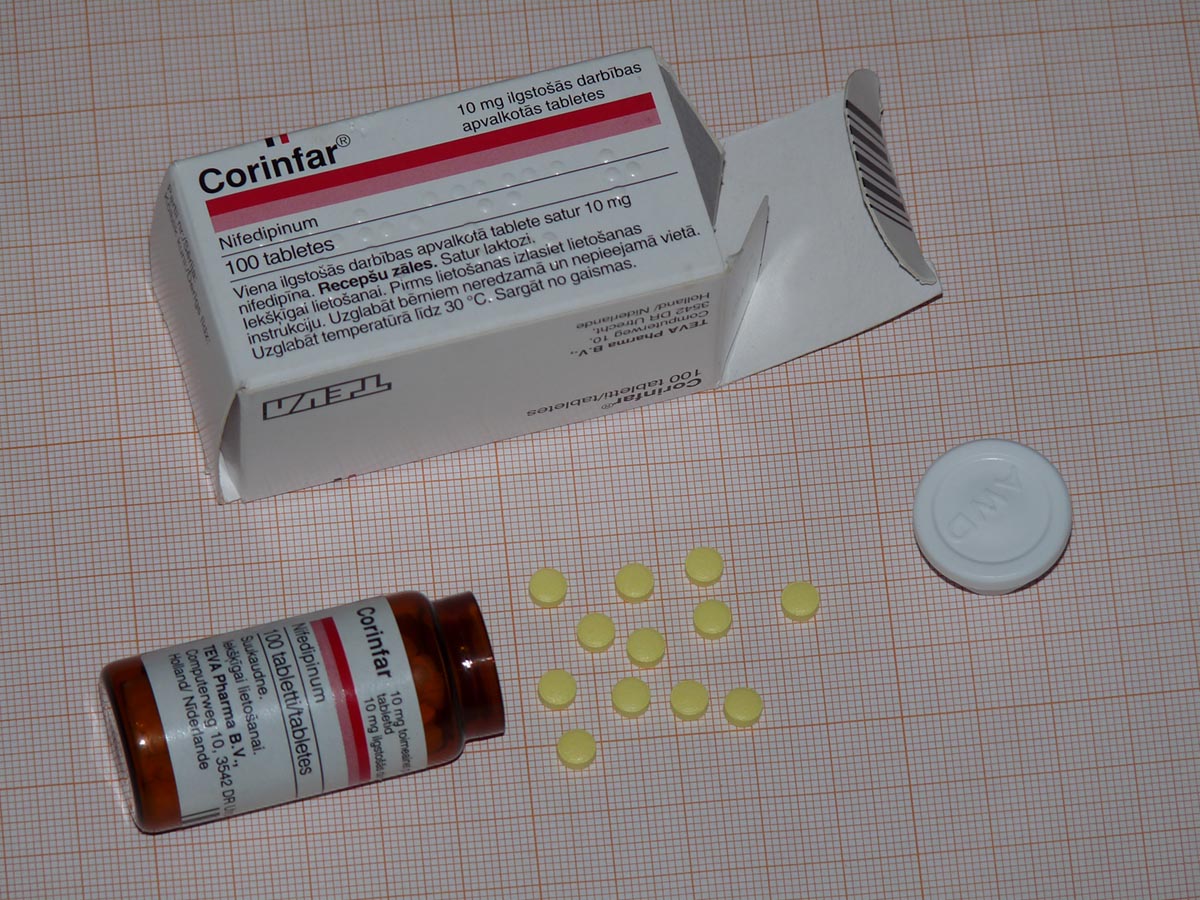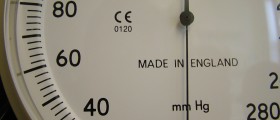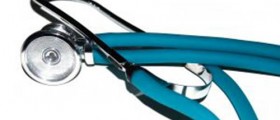
Nifedipine is a medication used treat high blood pressure and chest pain (or angina pectoris). Additional effect is improve kidney dysfunction improvement in hypertensive patients. The medication belongs to the group of calcium channel blockers and it affects your blood vessels in widening them and easing the work of the heart.
About 20% of nifedipine patients have reported headache, dizziness and face redness. The effects could be minimized with lower dose of the medication or by addition of beta blockers.
Weakness, tremor, dizziness, sleeping and sexual problems in patients using nifedipine are less frequent.
The medication cause blood pressure to drop and it may induce ischemia in some of the major organs in the body. It affects the blood vessels in the brain, heart and eye, causing angina, stroke or vision problems, and even complete (but temporary) loss of vision. Nifedipins’ effects to the heart might be serious, leading to edema, palpitation, infarction, heart failure, and sometimes severe arrhythmia or cardiomyopathy.
Nausea, abdominal pain, heartburn, constipation or diarrhea, dry mouth and gases are often related to the use of this medication.
Nifedipine rarely affects the liver increasing the enzymes or resulting in hepatitis and jaundice. However, patients suffering from liver problems and using this drug too are advised to check the liver function regularly.
The medication might rarely be responsible for kidney stones and kidney problems, most likely in older and patients with existing kidney conditions.
Allergic reactions to nifedipine are rare and includes edema, urticaria, erythema multiforme and possible anaphylactic reaction.
This drug is rarely affecting the blood. Some cases of purpura, eosinophylia, blood cells conditions and lymphadenopathy have been reported.
Nifedipin could be connected to the certain skin conditions, like rash, skin redness, dermatitis or sweating. Severe reaction to this medication are rare, but there have been cases of erythromelalgia, pemphigus foliaceus, pemphigoid nodularis and bullous skin reactions.
Some patients using nifedipine may experience mood changes, nervousness, anxiety, confusion and depression, and sometimes paranoid and psychoticideas.
The most common respiratory problems includes cough, shortness of breath, sore throat, epistaxis, rhinitis or nasal congestion. Respiratory infections, pulmonary edema and chest congestion are quite rare conditions.
Problems connected to the nifedipine are impotence and other sexual conditions, breast pain, poliuria, hematuria and nocturia (increased urination, blood in urine and night urination).
Vision problems, conjuctivits, eye bleeding and sometimes (reversible) blindness could be associated with the use of nifedipine.
Nifedipine increases the mortality risk in older patients who already have a history of coronary artery disease.

















Your thoughts on this
Loading...